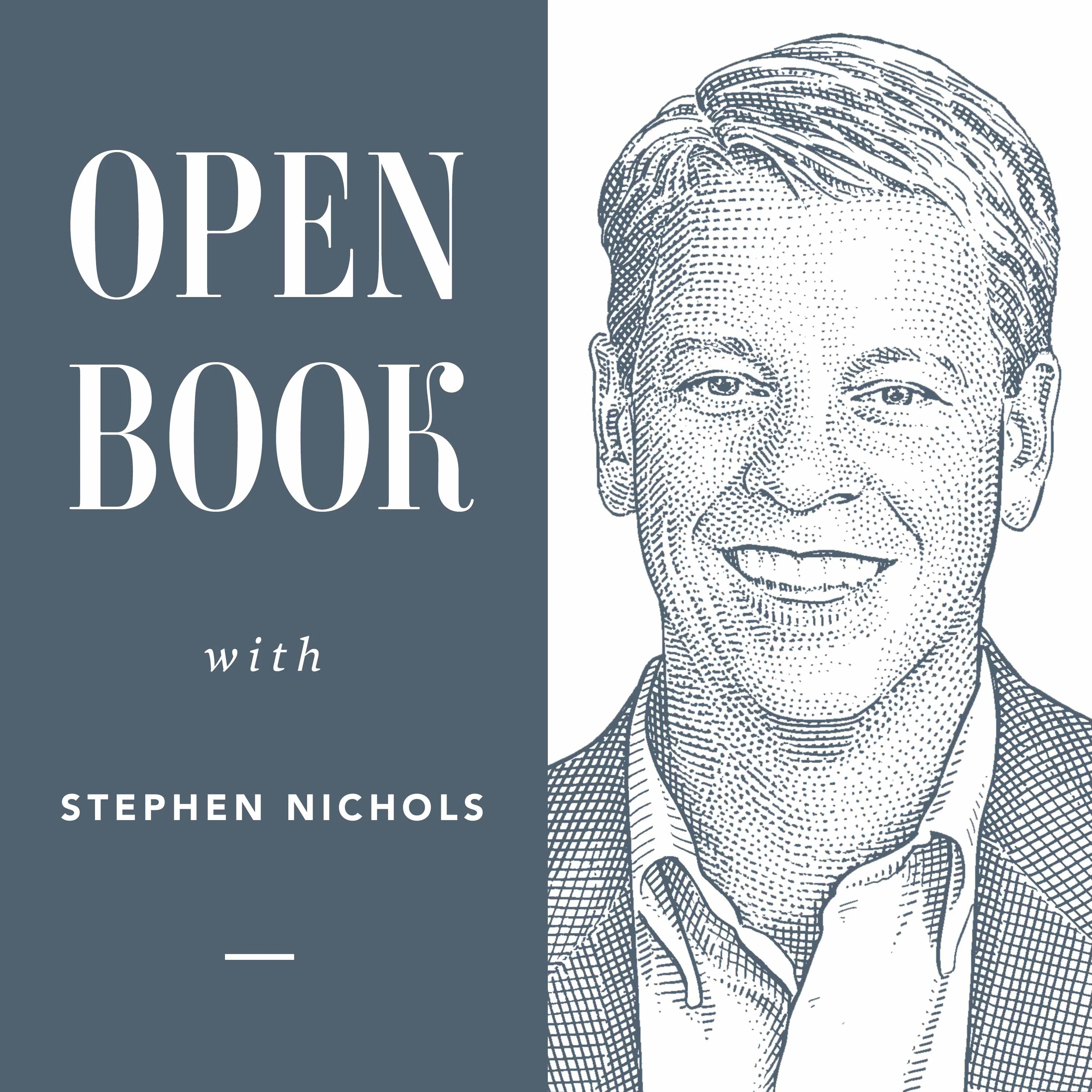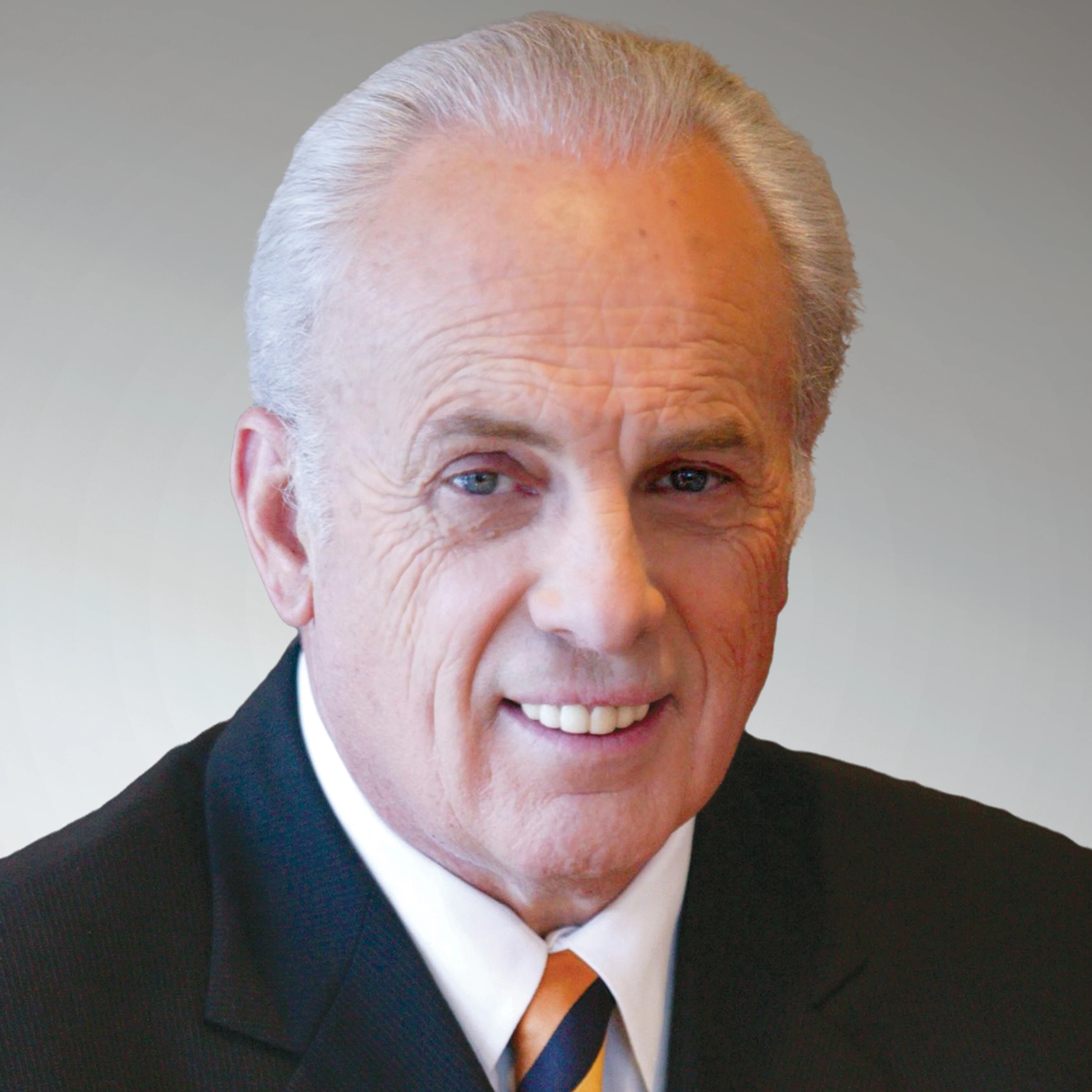John MacArthur on Biblical Books

There’s no book more precious to us than the Bible. On this episode of Open Book, John MacArthur joins Stephen Nichols to share his favorite Old and New Testament books.
STEPHEN NICHOLS: Dr. MacArthur, we've been having a delightful time with you talking about books that have influenced you and your preaching during your fifty years of faithful ministry soon to be celebrated at Grace Community Church. Anyone who knows anything about you knows that there is one book that you hold very dear and love very much and have devoted your life to heralding. That, of course, is the Bible.
Let's pause here for a little bit and talk about the biblical books that you love. I'm going to make this hard for you by having you choose your favorite Old Testament book besides the Psalms, and then your favorite New Testament book besides Romans. Let's start with the Old Testament.
JOHN MACARTHUR: That's pinning me down.
NICHOLS: I know. This is a hard one.
MACARTHUR: Probably, I would say my favorite Old Testament book is Daniel.
NICHOLS: I would not have guessed that.
MACARTHUR: The reason I say that is because it's really the only Old Testament book, other than Zechariah, that I have done a complete verse-by-verse, word-by-word exposition of. I descended into the depths of that entire book in a way. I've done sections out of many, many other Old Testament books. I've done Genesis up until chapter 11 and then other chapters in the book. I've done some of the minor prophets.
If you look at our tape library, you would only find complete books on Daniel and Zechariah, some of the minor prophets, and Jonah. Of those books that I've really done what would be a thorough study, Daniel would be my favorite. It was also at the same time the most difficult book. It's a very difficult book. A lot of imagery issues there. It was exhausting to me to get through it and feel like I had handled it fairly, in terms of the prophetic aspects of it. The rest of it, the rich narrative, is just a marvelous experience.
NICHOLS: It’s full of drama, Daniel.
MACARTHUR: Tremendous drama. Yes. I think probably Daniel impacted me most because of the extensive nature that it demanded.
NICHOLS: You invested in it.
MACARTHUR: You need to study and invest in it so deeply. It's one of those things you kind of own—at least for me.
NICHOLS: Let's go over to the New Testament.
MACARTHUR: There's no question about the New Testament. It's John. The gospel of John. I preached it when I first came. I preached it again after I completed the New Testament. The people said, "Can we go back and do John since you did it in 1970, and all those people are dead?"
NICHOLS: Their kids and their grandkids are now here.
MACARTHUR: Yes. I loved every word of the Gospel of John because you can't get above the Lord Jesus Christ. You're seeing Him in all his glory and majesty in John. You're not dealing with the humiliation side of it so much, as you are in the Synoptics. It's just so exalted and elevated.
NICHOLS: There is too just such a rich drama and beauty to John and how it's all crafted.
MACARTHUR: Well, there is tremendous drama there. The thing that makes John so special to me is the rich theology of John. It's the theological presentation. “These are written that you may believe that Jesus is the Christ, the Son of God, and that by believing you may have life in his name” John 20:31. That's the reason for the book.
NICHOLS: In the seventies, I thought maybe you might give a mention of Galatians. I'm holding here something that I don't know if you've seen for a while.
MACARTHUR: I have not, but I'm afraid to see what I might have said. I was too young to write a book on anything, let alone Galatians.
NICHOLS: This is your first book.
MACARTHUR: Yes.
NICHOLS: It's Liberated For Life: Galatians - a Bible Commentary for Layman by John F. MacArthur, Jr.
MACARTHUR: I was looking for some kind of authority and I thought I could find it in my middle initial.
NICHOLS: It's published in 1976.
MACARTHUR: Yes.
NICHOLS: This is your first book. There's quite a striking picture of you on the back.
MACARTHUR: I look like a barker at a carnival, don't I?
NICHOLS: I found this book at Baker in Grand Rapids, which has this extensive used book store.
MACARTHUR: Yes, right.
NICHOLS: And there it was. I just had to have this. I thought, at the very least, you'd enjoy seeing that again.
MACARTHUR: Yes. You know, I can tell you why this happened.
NICHOLS: Yes.
MACARTHUR: I didn't like legalism. I started out my college education at Bob Jones.
NICHOLS: How long were you there?
MACARTHUR: Two years.
NICHOLS: Okay.
MACARTHUR: I was up to my eyeballs in something I had never even experienced. There wasn't any legalism in my dad's life or ministry. There was a sweet, kind Christian living and freedom. My dad never dishonored the Lord. He didn't do things that weren't right. He wasn't legalistic. I got down there, and there was this level of suspicion, and the assumption that spirituality was all predicated on what you did. By the time I got out of there, two years later, I wanted to spend all the energy I could to try to make sure that there was none of that in my life or ministry. I think that's why early on I did the book of Galatians. I think it was 1973.
NICHOLS: That you preached through it.
MACARTHUR: I preached through Galatians. All I was trying to do was make sure that I had a manifesto on Christian freedom.
NICHOLS: Well, it's in here. I looked through it briefly.
MACARTHUR: Well, don't hold me to anything in there.
NICHOLS: No, it's great. This isn't freedom from prison. That'd be great. This is just this true freedom. You end with, "And that is Paul's letter to the churches and a far off land called Galatia. It is his letter to us today. In Christ, we are free. Such a freedom is priceless. Never, never give it up."
MACARTHUR: Now you know why. I came out of that bondage. I came out of a place where I saw people in high places, who had the air of spirituality, who I knew were immoral. Students I knew. I saw a kind of Christianity that really horrified me. I can honestly that. I didn't want that. I didn't accept it. There was a kind of duplicity. That wasn't true of everyone, but it was very present. Again, you have to realize I'm the same kid that was trying to find real spirituality. I've just come out of mysticism, but I've been reading. I'm trying to figure this out.
NICHOLS: Now you're hit with this.
MACARTHUR: On the surface, this looks all buttoned up, like Christianity ought to be. Below the surface, I just didn't get it. I had to say something about legalism and freedom in Christ.
NICHOLS: And Galatians helped you do it.
MACARTHUR: Galatians helped me.
NICHOLS: We have Daniel and John as your favorite books.
MACARTHUR: Daniel focuses on Christ, focuses on His coming.
NICHOLS: And so does John.
MACARTHUR: John focuses on Christ. He's the most riveting person in the universe. Can't beat the subject.
NICHOLS: Amen. Thank you.
Transcript lightly edited for readability.
Recent Episodes
Augustus Nicodemus Lopes on Renewing Your Mind
June 27, 2024|Theologians
Augustus Nicodemus Lopes on Pearcey and Thaxton’s The Soul of Science
June 20, 2024|Apologetics
Augustus Nicodemus Lopes on Ridderbos’ Paul: An Outline of His Theology
June 13, 2024|Biblical Theology
Augustus Nicodemus Lopes on Lloyd-Jones’ Preachers and Preaching
June 6, 2024|Christian Classics
Augustus Nicodemus Lopes on Spurgeon’s Lectures to My Students
May 30, 2024|Christian Classics
Augustus Nicodemus Lopes on Packer’s Evangelism and the Sovereignty of God
May 23, 2024|Christian Classics

